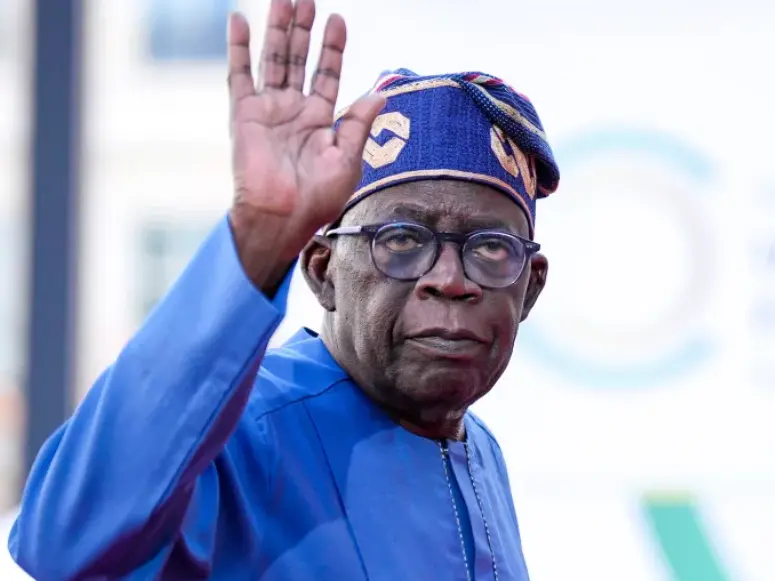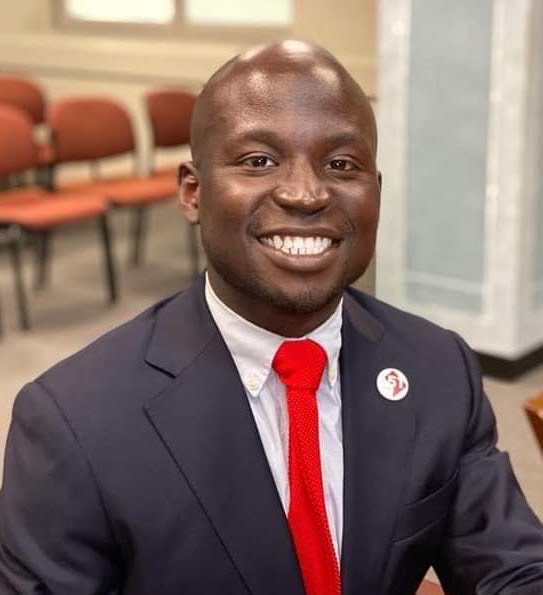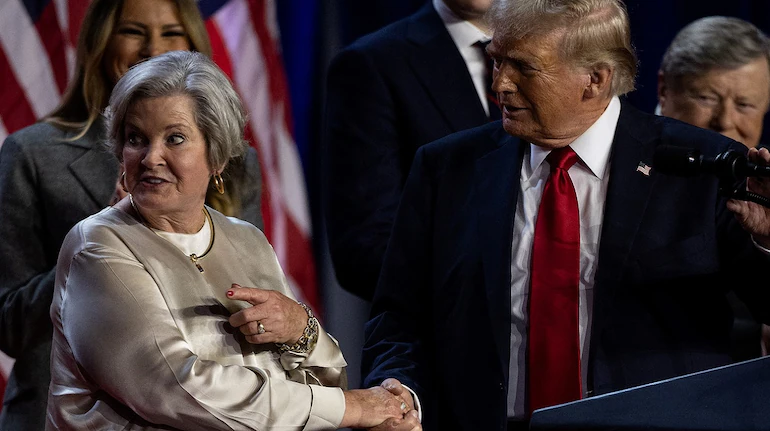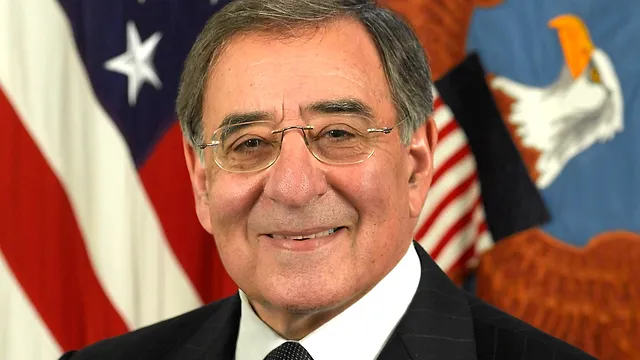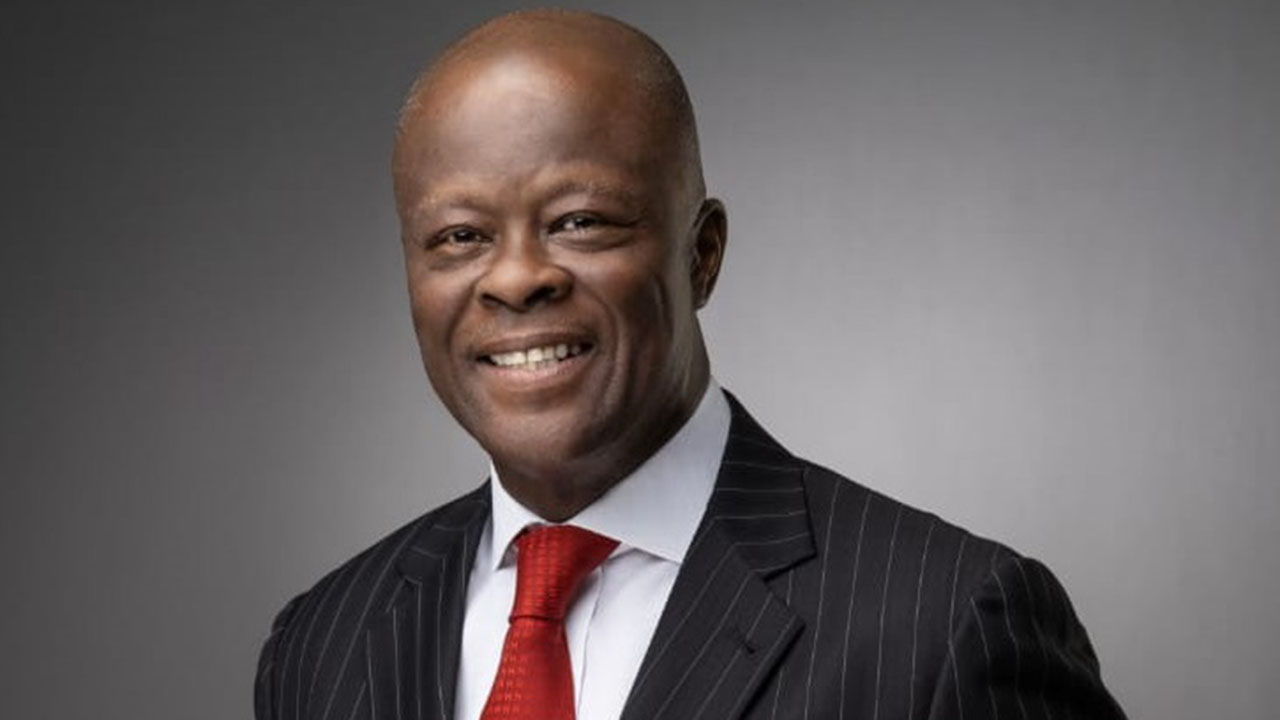In an interview with Daily Trust, Benson Upah, the spokesperson for the Nigeria Labour Congress (NLC), stated his fear and said that the organisation plans to meet with the relevant NLC organs to make decisions that are in the best interests of both the nation and its members. In addition, he observed that the majority of Nigerians are in a resentful mood, with the exception of the 1% who are kept under check by the government. The NLC is the only organisation in the nation that is not complaining; thus, this sentiment reflects the overall tone of the nation.
The Labour leaders in Nigeria expressed their dissatisfaction with the recent increase in the pump price of petroleum products, stating that they were lying and there was no agreement. The President made two offers: agreeing on the N250,000 recommended price, which would increase the price of PMS to N1,500 or N2,000, or paying N62,000 and maintaining the status quo. The leaders requested more time and a week to consult outside the Villa. After a week, the Presidency met again, and the labour leaders stated they would not accept the N250,000 offer.
The president’s decision to increase fuel prices to N2,000 has negatively impacted the well-being of the average Nigerian, as it goes beyond the parameters of minimum wage and negotiation. Since the removal of the fuel subsidy on May 29, 2023, Nigerians have been trying to reorder their lives, adjusting to the new normal. The 500 percent hike in costs of education, transportation, and food has introduced uncertainty and moved from pain to uncertainty. This matter goes beyond the logic and philosophy of the national minimum wage.
One of the labour leaders interjected the president, questioning how many times the subsidy has been removed, as the subsidy was never restored at any point in time. The question is, what will inform moving the pump price of PMS from N650 to N1,500 or N2,000? I want to tell you something. What this signals is that Nigerians have not seen the end yet, we may end up paying nothing less than N5,000 per liter for fuel in this country. We hope not to get there, but if we get there, the decision will be left to Nigerians.
